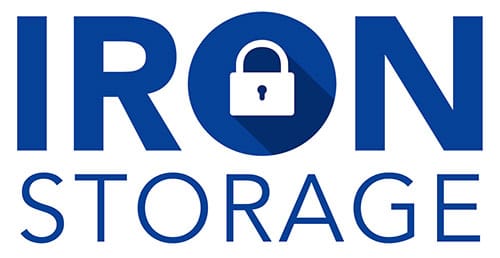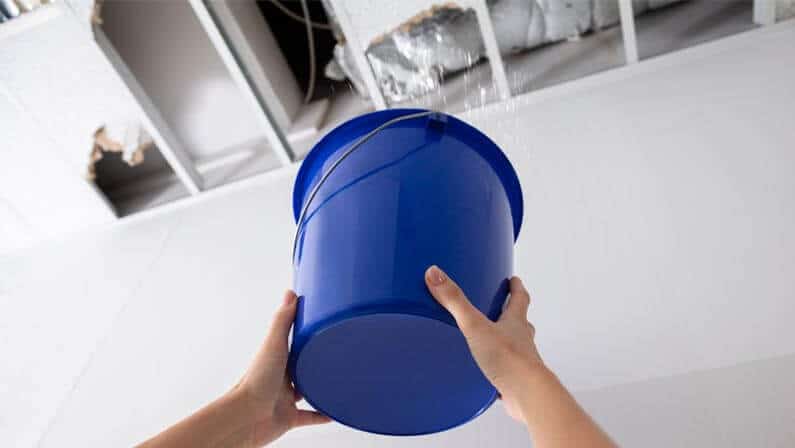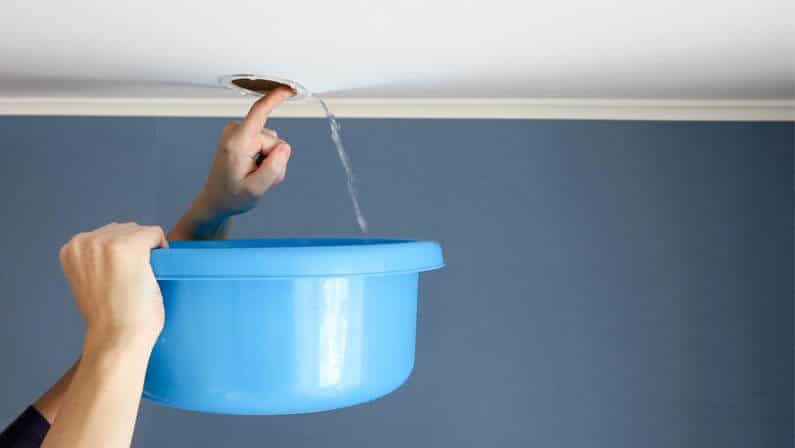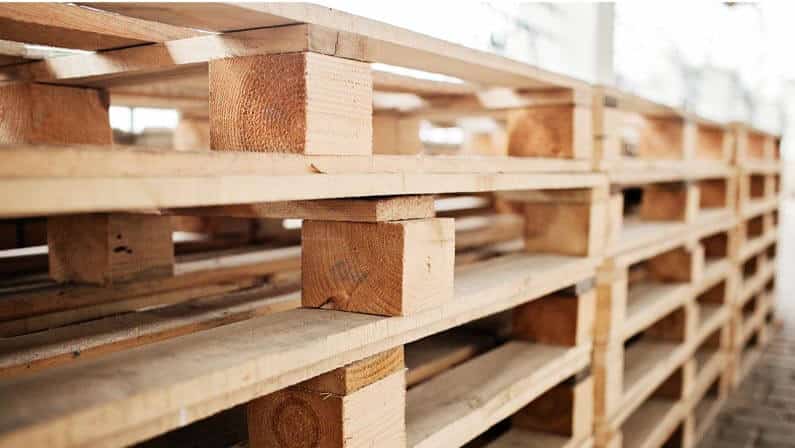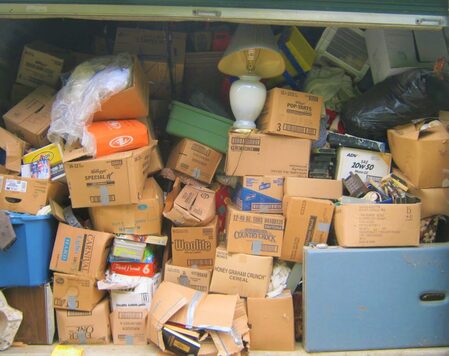What If There is a Water Leakage in My Storage Unit?
The purpose of renting a storage container is to safeguard the objects in it until you need them. You may store sentimental items from your family or furniture that you adore but don’t have a place for in your house in a basement or attic.
Although storage units are meant to be secure and safe, accidents sometimes happen and sometimes your belongings or the unit suffer damage.
In this article, we’ll look at the most typical reasons why storage units are damaged and discuss solutions.
Leaks in Self-Storage Units
Naturally, you must first understand what causes water leaks before you can take proactive measures.
In addition, preventive maintenance may seem expensive or time-consuming, but this still should not be ignored. Preventative measures save money by decreasing repairs and postponing replacements.
Who Is Responsible For Self-Storage Unit Water Main Damage?
Many ask the question, “Are storage units responsible for damage?” Well, many public self-storage facilities will make it clear that they are not liable for the items that customers store there. This agreement informs tenants that they are responsible for storing all of their belongings in the storage unit at their own risk.
As a tenant, you might believe that the insurance contract you sign will cover any property damage, but this might not be the case, though.
Depending on the situation, you are sometimes held liable for damages if a self-storage unit’s water main leaks.
In some circumstances, you can be entitled to compensation as the owner of a self-storage unit. One of those circumstances is when a property has been seized by a government body. But there must be more than a single instance of negligence in order to make a claim and receive more than just compensation.
What To Do If Your Storage Unit Gets Damaged
Here are some tips on how to handle a damaged storage unit or for flooded storage unit:
Keep Your Things Covered
You are frequently given the option to purchase supplementary insurance when renting a storage container to protect the contents against potential harm. Because they think their renter’s insurance will cover it or they don’t think they’ll need it, many consumers choose not to purchase the insurance.
They don’t learn the truth until a catastrophe occurs. While many issues are covered by renter’s insurance, not all of them are. One of the most typical forms of destruction is water damage brought on by septic system problems or damaged water pipes.
Fire is covered by renter’s insurance, however, water damage is not frequently covered. You might be held responsible.
Be Sure To Read Your Insurance And Rental Agreements
Many tenants were surprised to learn how little their rental insurance actually covered. Since you might be eager to wrap things up, you might naively sign the rental and insurance contracts without carefully reading them.
And it’s not until weeks or months later that you realize your possessions have been ruined and you won’t be able to sell them for what they are truly worth.
This is why as soon as you receive the agreements, read them, and discuss any concerns with the rental agency. Consider extra insurance if you find that the insurance does not fully cover the worth of the things.
Obtain Rental Insurance Coverage
Storage unit-specific rental insurance that covers the full value of the contents is available. You pay a monthly premium and buy coverage that covers a maximum amount.
The price is low, but the comfort of mind is priceless. In the event that something occurs, you file a claim much like you would in the event of a car accident. Following an investigation, the insurance provider reimburses you for the products’ value.
Keep Nothing Priceless In Storage
The value of the objects in the storage containers can be covered, but the sentimental value of the items cannot be replaced.
Avoid storing any heirlooms or other goods that have sentimental importance for you in addition to their monetary worth.
The tangible goods can be replaced by insurance, but not the memories or sense of pride that come with them. You incur the risk of damage if you rent a storage facility.
Guard Your Items
Expecting your renter’s insurance or the insurance provided by the storage facility to cover the full worth of your belongings is unrealistic.
You could suffer damage to a storage container, and it happens more frequently than you might imagine.
How To Keep Moisture Out Of Stored Items
Here are some recommendations for preventing moisture from getting to stored items:
Elevate Your Belongings
If you want to avoid the storage unit being flooded, or you want to prevent water from entering the storage container after a storm, leaving room beneath boxes and furniture.
Additionally, it stops condensation from forming between the ground and the contents of the storage unit, which can ruin cardboard boxes.
Use robust storage shelves or wooden pallets to raise flat objects to do this. Keep furniture upright and on its feet.
The ideal distance between the floor and any moisture-sensitive items is two to six inches.
Use Desiccants
If your belongings are in a damp atmosphere, mold and mildew can grow even if water isn’t in direct touch with them.
Pack only things that are 100 percent dry because anything damp will deteriorate over time. Desiccants should also be added to the storage space to absorb airborne moisture and maintain a low humidity level.
Apply Waterproof Wrapping
Over time, cardboard can accumulate moisture, even in dry storage space. Use containers with sealable tops for delicate objects.
Vacuum-seal documents to create a moisture-proof barrier and cover large things with tarps to protect them from wet air.
Place papers between two stiff pieces of cardboard before sealing to help them preserve their shape.
Save Time and Energy
At a self-storage facility, property damage can occur in a variety of ways. It’s possible for a big worth of damage to be caused by natural disasters and other factors.
A loss of this magnitude has a price tag that extends beyond monetary value since it takes a lot of time and effort as well.
Excellent storage options are available at Iron Storage. For many years, we have provided our clients with practical, cost-effective, and space-saving storage options.
We offer a solution for everyone, whether you need to store a few boxes or a full home’s worth of furnishings, thanks to our vast selection of storage unit sizes.
